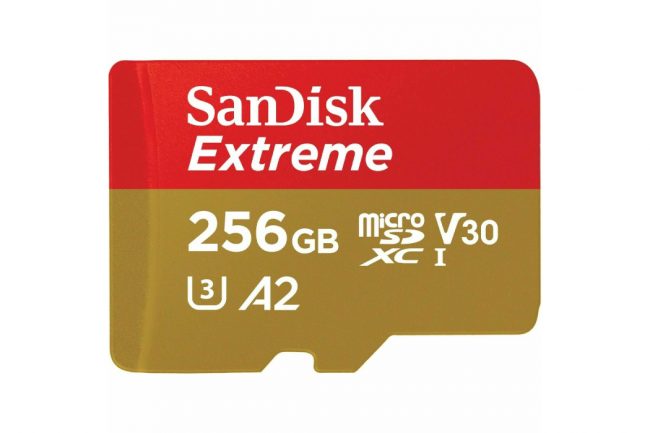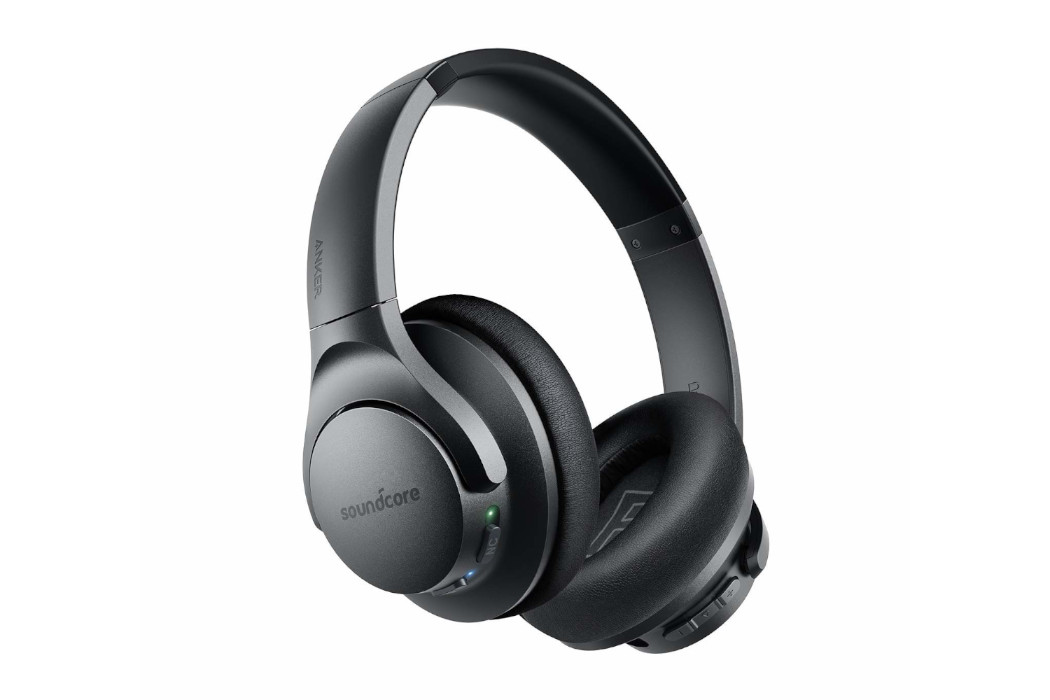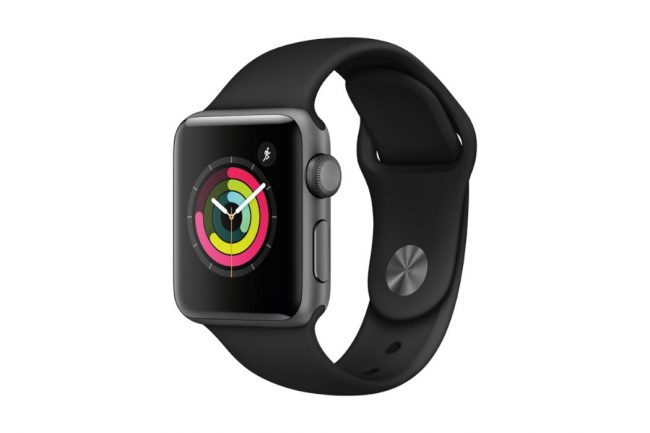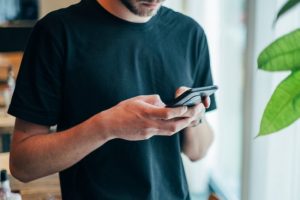Twitter Suspends Accounts of Journalists Who Reported on Elon Musk
Many tech journalists who had written critically of the new owner found their social media handles suspended.

Being a journalist is never easy. It’s especially tough when you have written critically about Elon Musk. Several journalists from CNN, Mashable, New York Times, and others learned this lesson recently as Twitter suspended their accounts.
The Twitter of Elon Musk
In a series of evening tweets, Musk wrote that sharing his real-time location on Twitter was forbidden. He also accused journalists, who he alleged were sharing information about his location, of posting “assassination coordinates.” After that, several tech journalists’ accounts were suspended quickly.
Interestingly, all the journalists have published articles recently about Musk’s suspension of a Twitter account that shared publicly available data about the movements of his private jet. All the articles mentioned above highlighted the tension between Musk’s stated commitment to “free speech” and his decision to ban an account he disliked personally.
Also, the Twitter account of Mastodon, the social media platform’s rival, has been suspended. Many users who left Twitter after Musk’s takeover had switched to Mastodon. Also, links to individual Mastodon accounts have been banned. An error message was sent to some users to notify them that links to Mastodon had been “identified” as “potentially harmful” by Twitter or its partners.
One of the journalists whose account was suspended, Ryan Mac, a New York Times tech reporter, wrote this on a new Twitter account.
Some folks have asked so will try to answer here:
-This is the notification on my account.
-I was given no warning.
-I have no email or communication from the company about the reason for suspension.
-I report on Twitter, Elon Musk and his companies. And I will continue to do so. pic.twitter.com/Fz14nStH7U
— Silenced Ryan Mac (@MacSilenced) December 16, 2022
The Washington Post released a statement about the suspension of their technology reporter, Drew Harnell, from Twitter. It stated that the move “undermines Elon Musk’s claim that he intends to run Twitter as a platform dedicated to free speech.”
A statement from CNN said, “Twitter’s increasing instability and volatility should be of incredible concern to everyone who uses the platform.”
Donie O’Sullivan, one of the journalists whose account was abruptly suspended, stated, “Musk just seems to be stamping out accounts that he doesn’t like.”
The Committee to Protect Journalists said that if bans of individuals were confirmed as retaliation for the work done by the journalists, it would be a “serious violation of journalists’ right to report the news without fear of reprisal.”
Posting late-night on Twitter via several Tweets, Musk said, “Criticizing me all day long is totally fine, but doxxing my real-time location and endangering my family is not.” He also stated that the “same doxxing rules apply to ‘journalists’ as to everyone else.” He also wrote: “They posted my exact real-time location, basically assassination coordinates, in (obvious) direct violation of Twitter terms of service.”
Interestingly, Musk didn’t clarify how he thought suspended reporters shared his “exact real-time location.”
Most of the news articles written by journalists were not about his real-time location or the location of any of his family members. Those articles were focused on ElonJet. It was an account that had posted the location of the Tesla CEO’s private jet as it travelled to different cities.
In a Twitter spaces event, some journalists asked the billionaire about the suspension of journalists’ accounts. He responded by saying that journalists were not treated differently than other citizens. He added, “if you doxx, you get suspended. That’s it. End of story.”
Some journalists had reported that the account suspensions were permanent, but Musk said it wasn’t the case, as the suspensions would last only for seven days. Musk tweeted, “Some time away from Twitter is good for the soul …” He subsequently tweeted a poll that asked people whether the ban should be lifted now, tomorrow, in seven days or longer.
About 43% of over half a million votes went in favour of immediately unbanning the users. All those respondents chose “now.” Soon after, Musk stated he would redo the poll and change the options to now or in seven days.
Two journalists whose accounts have been suspended reportedly tweeted about a public statement from the Los Angeles police department. They were responding to an allegation Elon Musk made about an incident in LA. Musk had stated that a stalker had targeted a car, believing it was his.
One of the journalists whose account was suspended, Donie O’Sullivan from CNN, is one of the country’s leading reporters on conspiracy theories and disinformation. He previously shared a comment from the LAPD about Musk. Soon after, he was suspended. The second journalist is Matt Binder from Mashable “was tweeting about O’Sullivan’s suspension when his account also went dark.”
Re: the banning of reporters who have tweeted about Elon Musk’s jet, Twitter's head of trust & safety Ella Irwin tells me: “Without commenting on any specific accounts, I can confirm that we will suspend any accounts that violate our privacy policies and put other users at risk."
— Alex Heath (@alexeheath) December 16, 2022
Though there was no official statement from the American social media company, Twitter’s head of trust and safety stated, “Without commenting on any specific accounts, I can confirm that we will suspend any accounts that violate our privacy policies and put other users at risk.” We assume it includes journalists too.
Share this on social media









